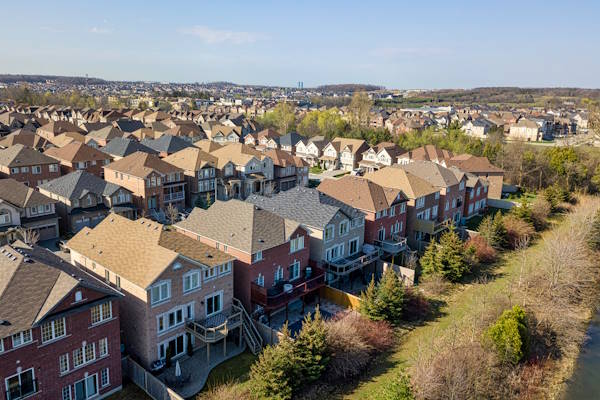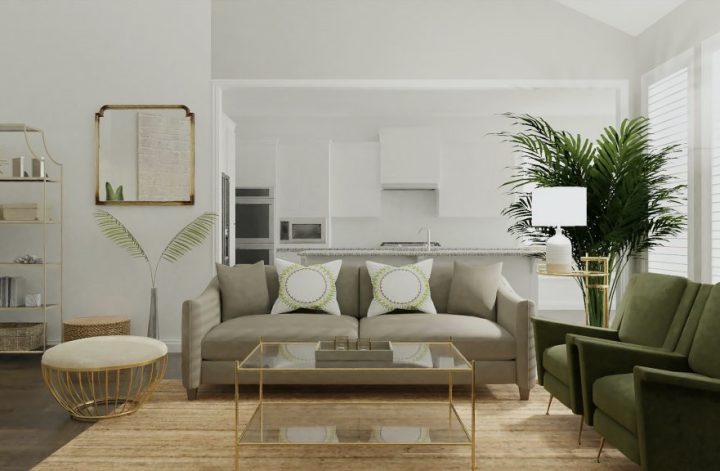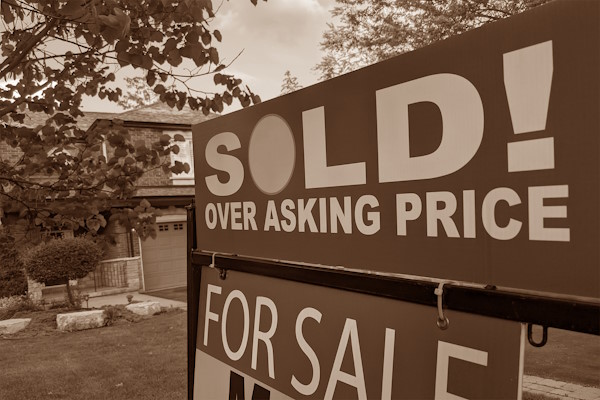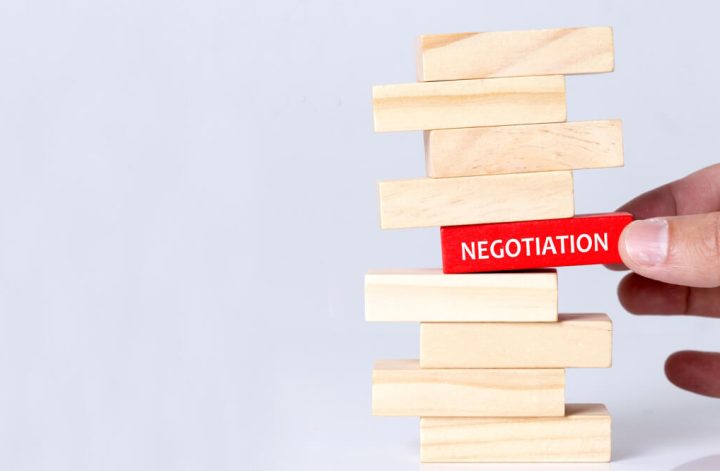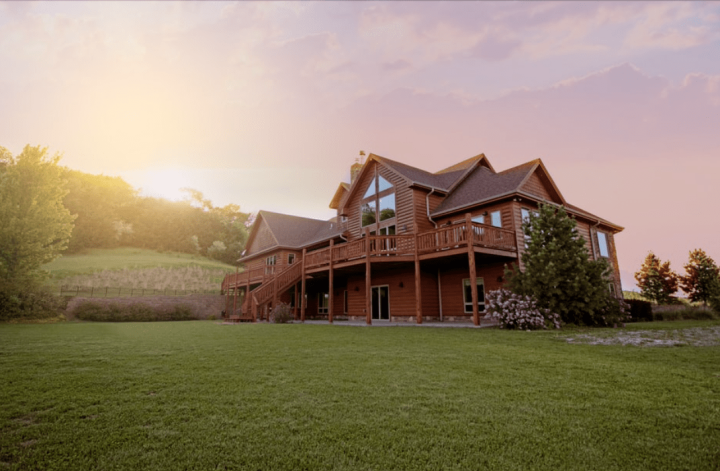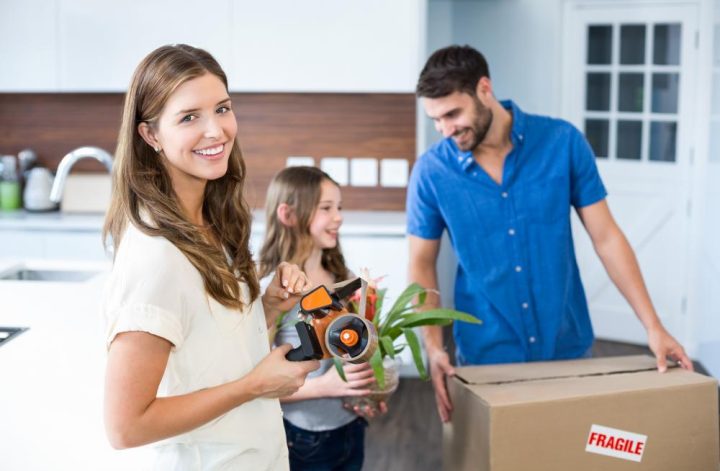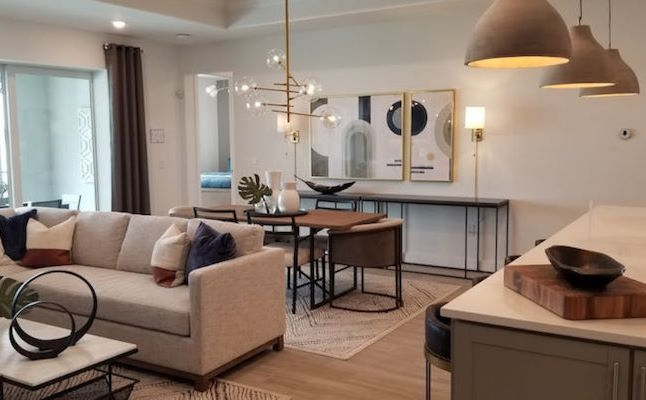Hey there! It’s Anna Agasi, your go-to real estate expert for Vaughan, Nobleton, and King City.Whether you’re looking to buy or sell a home, staying on top of the latest market trends can give you a serious edge. Let’s dive […]
Nobleton Homes for Sale: Embrace the Tranquility and Convenience of Ontario Living
Nobleton, a gem within King Township in Ontario, is rapidly becoming a coveted place for families and individuals alike. Amid the hustle and bustle of city life, there lies the tranquil allure of places like Nobleton. If you’ve ever found […]
Free Home Evaluation: Your Key to Selling Your House for More
Hello,I’m Anna Agasi, the go-to expert for home evaluations in vibrant Vaughan, King City, and Richmond Hill. When selling your house, it’s crucial to ensure you get its true worth. My free home evaluation service is a vital first step […]
Why you should hire a certified negotiation expert real estate agent
Selling your house can be an intimidating process. You want to ensure that you get the best deal possible for your home, and that is why engaging with a Certified Negotiation Expert (CNE) real estate agent as myself is the most advantageous […]
Tips for Selling Your Home in Ontario: Boosting Property Appeal Through Staging
Hey there! As many of you know, I have a deep passion for home décor. One of the highlights of my job is getting a new house ready for the market. The thrill of staging, especially on a budget, and […]
Defining Some of the Most Common Real Estate Terms
Much like every industry, real-estate has its own set of jargons. Terms like appraisals and dual agency might sound a confusing verbal marmalade for people who are unfamiliar or new to this area. However, to make sure that these technical […]
Importance Of Staging When Selling A House
How Staging Improves Your Chances Of Selling Your Home Quickly Selling your home will likely be one of the most important financial decisions you ever make in your life. Therefore it’s important that you try and maximize the returns you […]
House vs. Condo: How to Decide?
One of the major decisions you would have to make in the home-buying process is the type of home you want to buy. Would you prefer the independence and privacy of a house or the convenience and facilities of a […]
Costly Mistakes to Avoid When Selling Your Home.
Whether you are moving to a bigger house or downsizing for retirement, selling your current house can be an exciting and emotional experience. You are stepping into the next stage of your life and leaving behind a home where you […]
Home Selling in Canada: Breakdown of Expected Costs
Want to move to a bigger house to accommodate your growing family? Purchasing a house in a new city? Hoping to downsize your big house to a smaller one? For whichever reason you want to sell your house, there are […]
Costs Associated with Homeownership and Saving Tips
Duplex, condo, or a bungalow – no matter what type of house it is, buying one is indeed a significant accomplishment. While becoming a homeowner can bring you a sense of achievement and pride, it can soon become overwhelming when […]
Planning for Retirement: Benefits of Downsizing Your Home
Everyone dreams of owning a home filled with laughter, comfort, and a big yard where the kids can play in the evenings. As life goes on, things change and so do your needs and goals. With the kids moving out, […]

